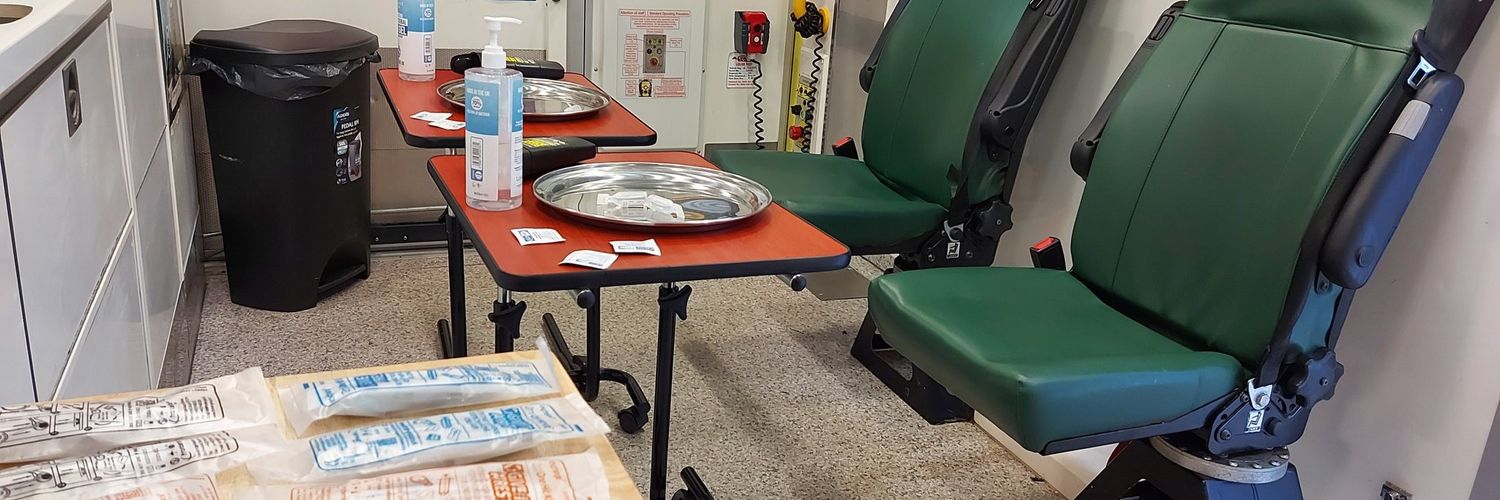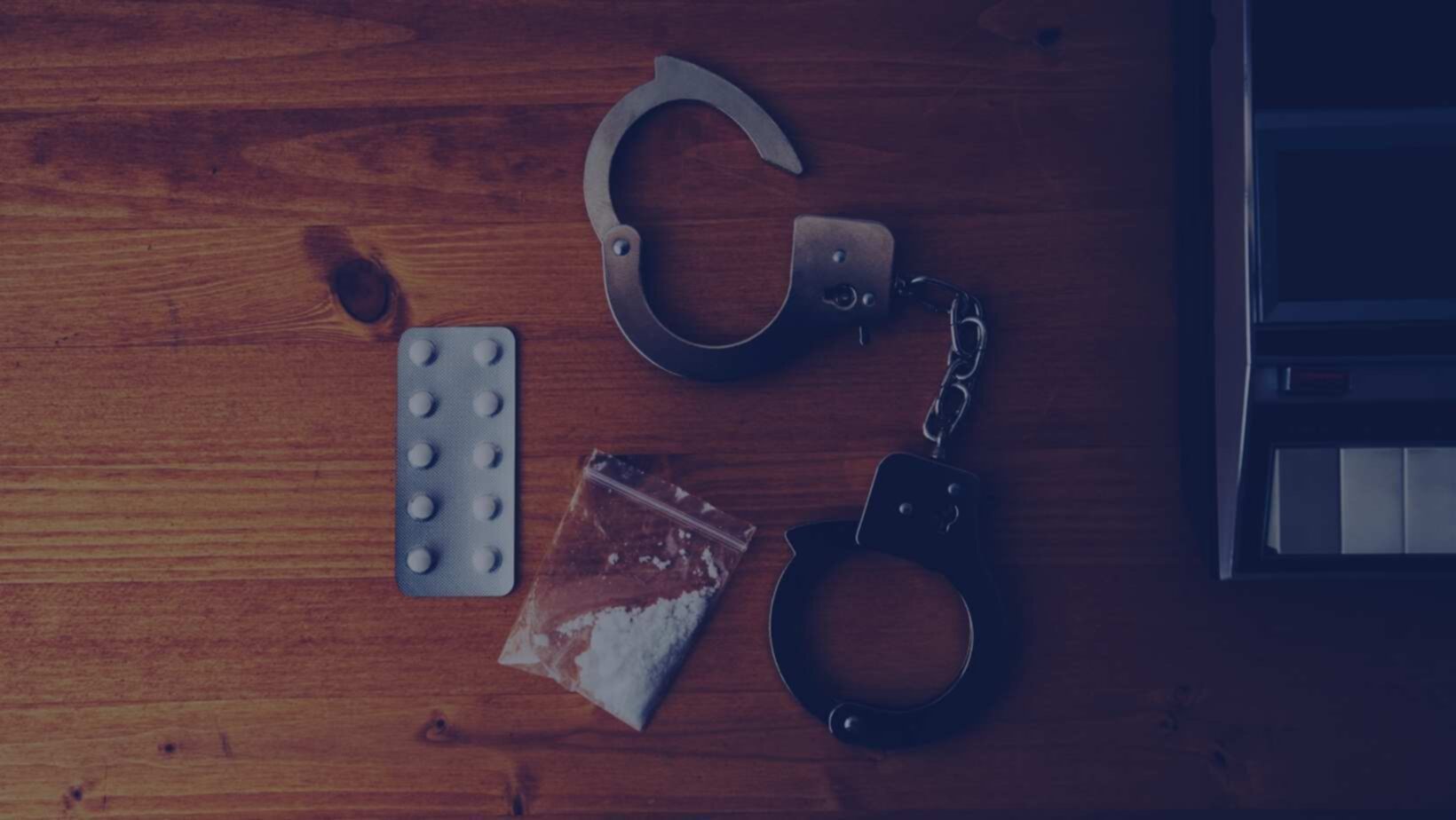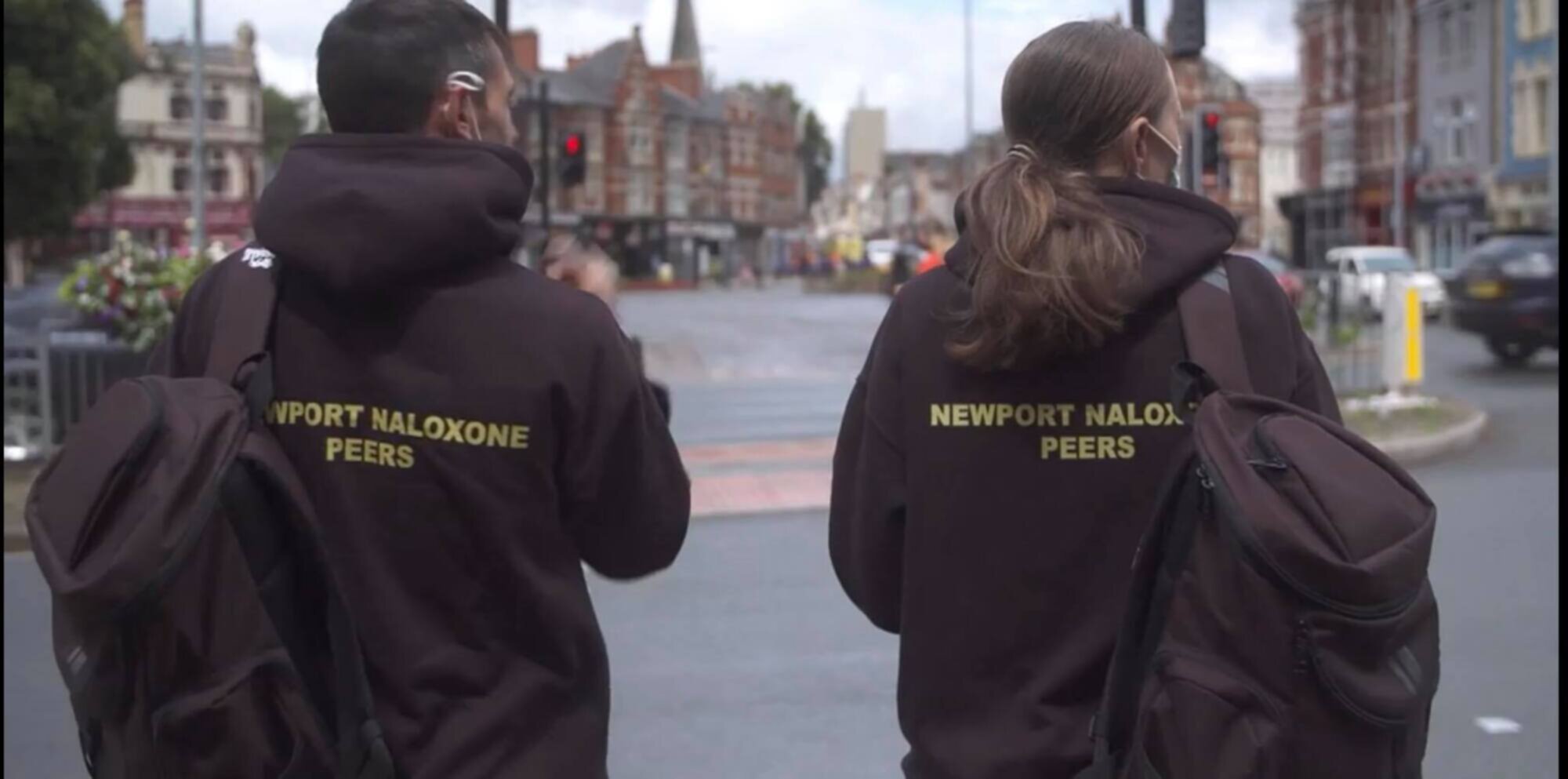
I’m waiting for the Van
12/08/2021
Drug Consumption Rooms, SIFs, Enhanced Harm Reduction Centres – whatever you prefer, these units have been discussed in our sector with increasing energy. But it was the actions of one man, heroic Peter Krykant, that catapulted the cause to international status. Peter, almost singlehandedly, took the crusade for safer drug consumption mainstream. He decided that people were worth saving, and was ready to fight the courts to prove it.

The determination of people with lived experience to save others knows no bounds. Peter showed us what can be achieved when a brave individual takes the law into his own hands, moved to action by a deep frustration that people who use drugs die in record numbers, while the same tired solutions are offered.
Time for Change
Peter, who has had his own difficult relationship with heroin, is a game-changing force in the field of harm reduction. Across the UK people are campaigning, and even planning, for safer injection facilities. Kaleidoscope continues to back the move.
Encumbered by current laws, we cannot continue to give a homeless person a needle syringe and expect them to inject in a safe and private space. The law forces them to inject in public, at greater risk to themselves and the wider community. This makes it difficult to eliminate drug litter, an issue that causes public anger and fuels the stigma toward people who use drugs. Why it is against the law for those who have no home or safe place to inject on our premises? Why are we prevented from providing that safe place?
Review on Drugs
The release of Dame Carol Black’s Review on Drugs contained some welcome solutions. The report acknowledges a drug treatment system starved of investment, and proposes a rise to £552 million in new spending in England after 5 years. Dame Carol estimates the savings will be five times as large, in crime prevention and improved health and social outcomes. A way forward could be forged with additional funds, but remember not all was well when we had Drug Tsars or the NTA.
Legislative reform however was not on the table, and so the report was limited in its scope. Yet drug laws that punish rather than support people in difficulty are costing lives. They ignore the link between addiction and Adverse Childhood Experiences, and criminalise those fitting the profile of real complexity and vulnerability.
The Power of Peers
So is there enough cause for hope? I again look to Peter and passionate peers like him. He recognised that services do not reach those needing the greatest help. There are a number of people who do not wish to be in treatment, they simply want to feel safe. In essence the move for safer drug consumption rooms is about co-production, it is about asking people what they want.
We call on the power of peers within Kaleidoscope’s services. Our Peer to Peer Naloxone Pilot, co-produced with Naloxone Man, Welsh Government and Gwent Police, saw the peer team deliver 237 lifesaving kits into the hands of those who need them most. That’s 237 more people on the streets of Newport trained to reverse overdose with a kit at their disposal. The target for the pilot was 60, yet the group delivered four times as many in just two months. That’s the strength of peer power.
The group has since expanded its harm reduction toolbox, to secure private rooms in local hostels where they provide BBV testing and treatment for their peers. Their determination, easy rapport and ability to go where we cannot means we’re reaching more people than ever before with these life changing messages.
For the peers themselves, the project is changing their lives. They feel motivated, part of something beyond themselves. They are proud, and so they should be. The people who use our services are not passive, they are active partners that help us drive political, social and health inspired change.
Nothing about us, without us
One objection to people with experience of addiction being granted opportunities to work in services is that they can relapse. Well that well may be true, Peter has had to take time out because he had some difficulties. Of course anyone under huge pressure can return to an old friend, but this should not curtail the involvement of these inspirational people.
In any workforce there will be times staff can struggle with their mental health. Many people working in care services are called to it after experiencing the ‘dark night of the soul’. I believe we are all in recovery from something, and we can all return to habits that have caused us pain.
As we develop services along the lines of co-production, we must provide suitable support and treat people with empathy rather than judgement. For those providing these services, we need to ensure they are paid for the valuable work they do.
The future of substance use depends on employing the very best people, and the best always results from diverse thought and experience. The only requirement for those thinking of a job in this field is the ability to learn from past failures and look to new ways of working to make a difference.
Waiting for the van is an account of Peters van which can be heard here on BBC Sounds.
Martin Blakebrough
CEO at Kaleidoscope
Share



